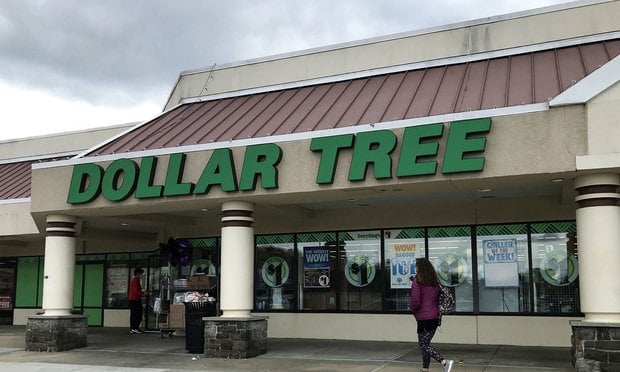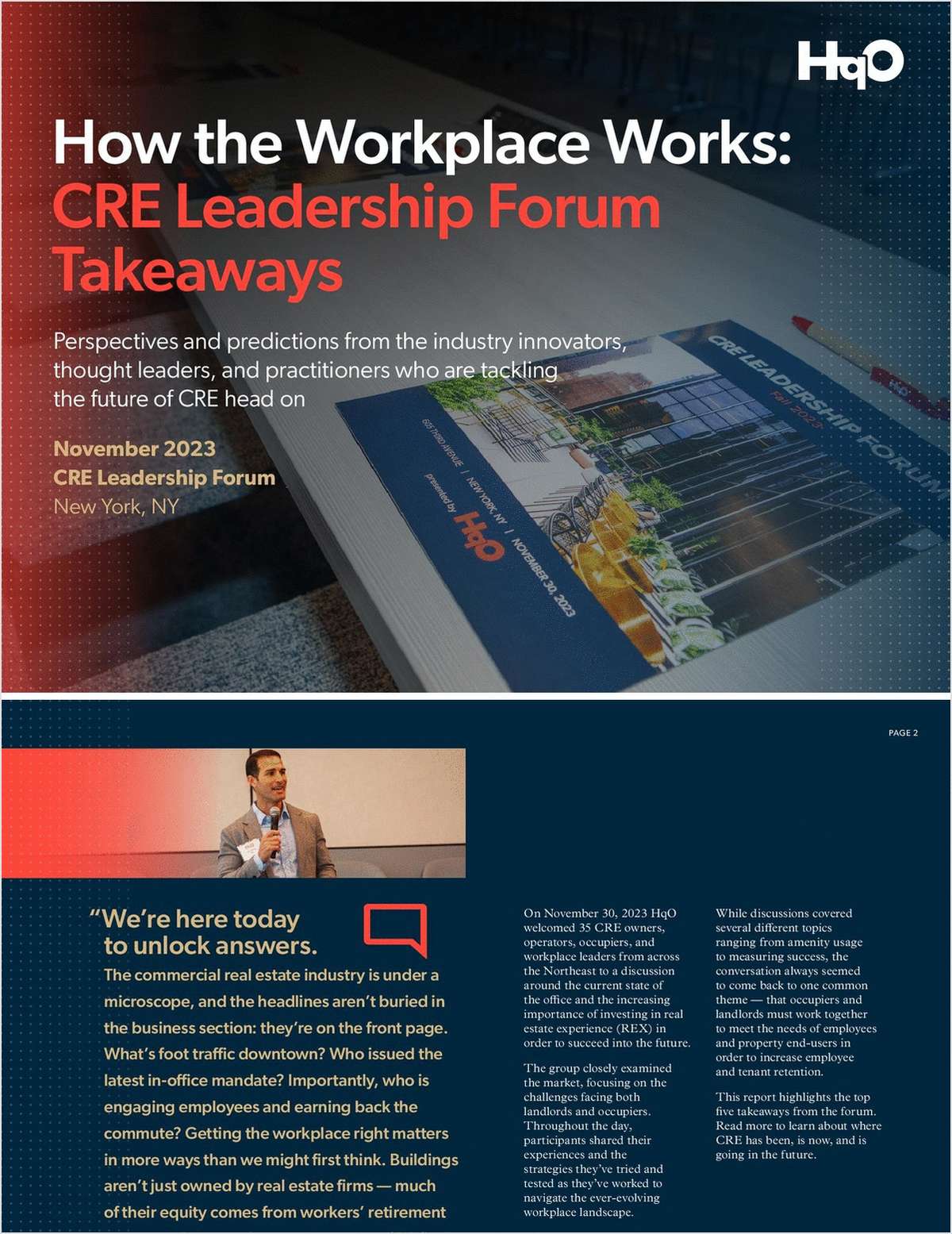The cannabis real estate investment market has emerged quickly,but it is still in its infancy. Commercial real estate investmentinterest is expected to grow—but a lot will depend on cities toclarify and iron out and bumps in the regulatory process. For now,many investors are waiting on the sidelines, and California citiescould determine the long-term viability of the potentiallysubstantial niche investment market.
|“We expect interest to remain high, and for regulatory processesto normalize and become more predictable,” SethWeissman, a partner at Jeffer Mangels Butler &Mitchell, tells GlobeSt.com. “Much depends on each city'scomfort with cannabis and the number of operations that they willpermit in their city. Long-term growth will depend, inpart, on the size of the cannabis user market and potentialderegulation at the federal level.”
|Legalization at the federal level could also play a role in theviability of cannabis real estate as an investment class,particularly in the short-term. “If cannabis operations arepermitted in all 50 states, and product can be distributed acrossstate lines, that would have enormous market impact,” saysWeissman. “As regulations ease, we may see over-supply, which willreduce product prices and ultimately profits. That, inturn, could reduce demand for cannabis real estate, reducing rentsto more general, market-driven levels.”
|Weissman's advice to investors looking to enter the market: besmart. It is easy to think that the market is a goldmine. “Don't befooled into thinking that this is a quick-money, easy returnbusiness,” he says. “Understand all of the permitting regulationsin each applicable jurisdiction; do not rely on what theoperators/tenants or their lawyers tell you; do your own homework;invest in counsel that has done more than a handful of deals andask them about the pitfalls. If someone sets out a business planthat requires the property owner to be involved in the permitting,understand that your name will be associated with cannabis, whichis still illegal at the federal level.”
|In addition to understanding the business and the market, thisis also an industry where tenant scrutiny is a must. “Make surethat your tenants are willing to fully abide by all applicable lawsand regulations,” says Weissman. “Incorporate these requirements inlease documents, and enforce them. Landlords that allow theirtenants to knowingly violate applicable legal requirements run therisk of enforcement actions by state and local officials, includingsuspension of tenant operations. There is even risk offederal property forfeiture.”
Want to continue reading?
Become a Free ALM Digital Reader.
Once you are an ALM Digital Member, you’ll receive:
- Unlimited access to GlobeSt and other free ALM publications
- Access to 15 years of GlobeSt archives
- Your choice of GlobeSt digital newsletters and over 70 others from popular sister publications
- 1 free article* every 30 days across the ALM subscription network
- Exclusive discounts on ALM events and publications
*May exclude premium content
Already have an account? Sign In
© 2024 ALM Global, LLC, All Rights Reserved. Request academic re-use from www.copyright.com. All other uses, submit a request to [email protected]. For more information visit Asset & Logo Licensing.









